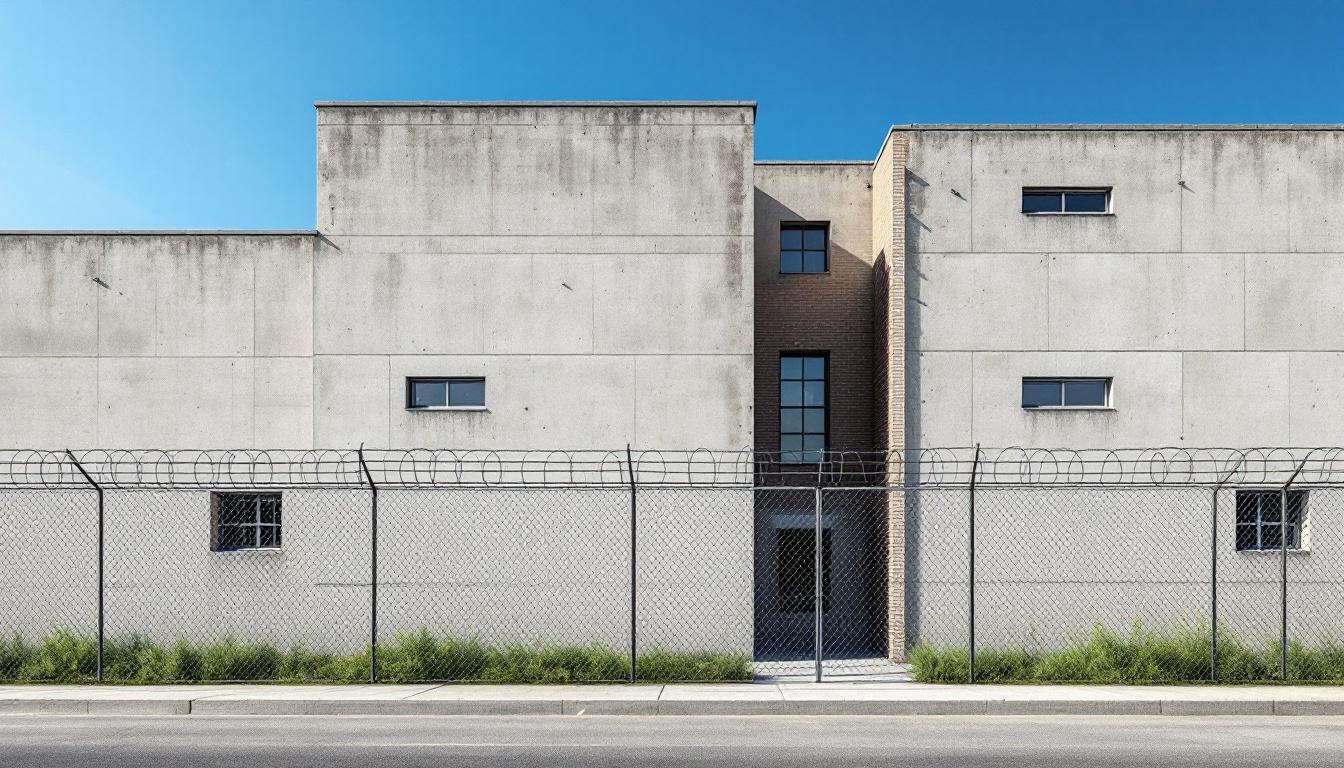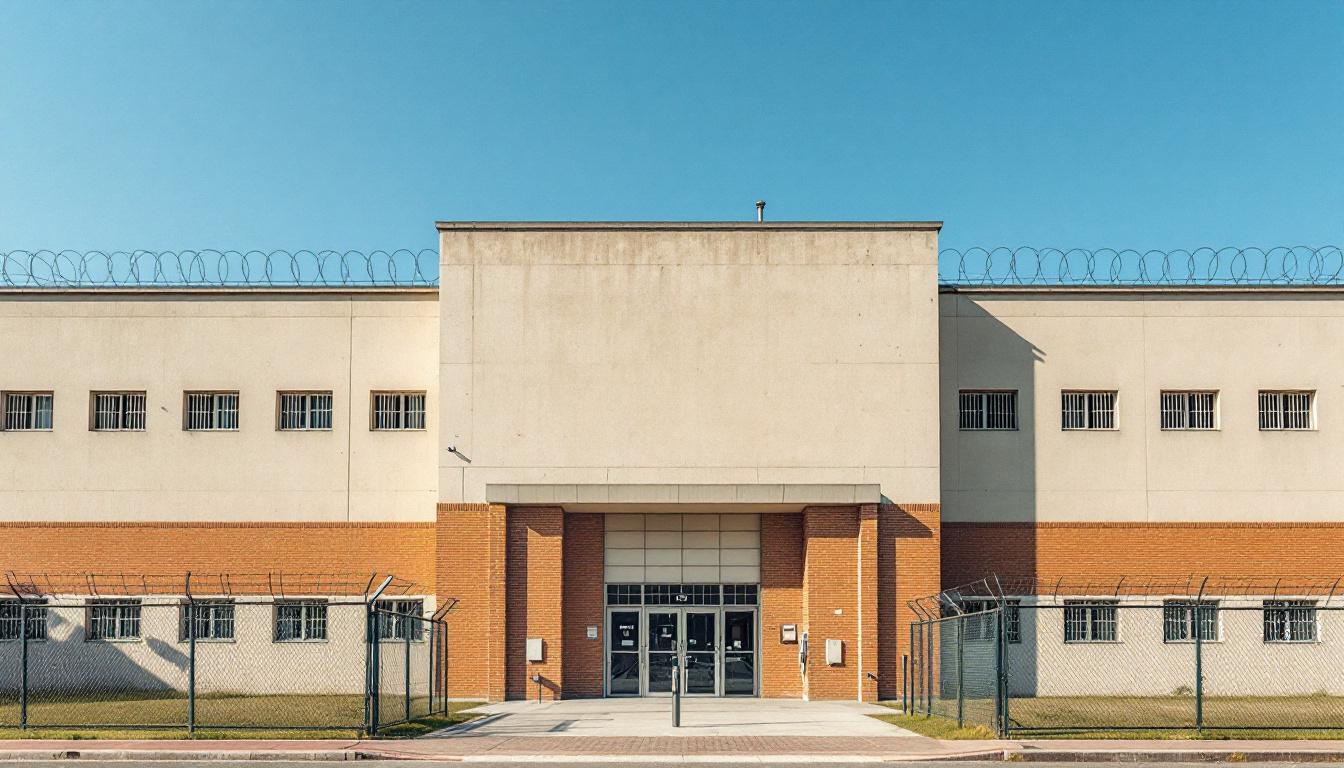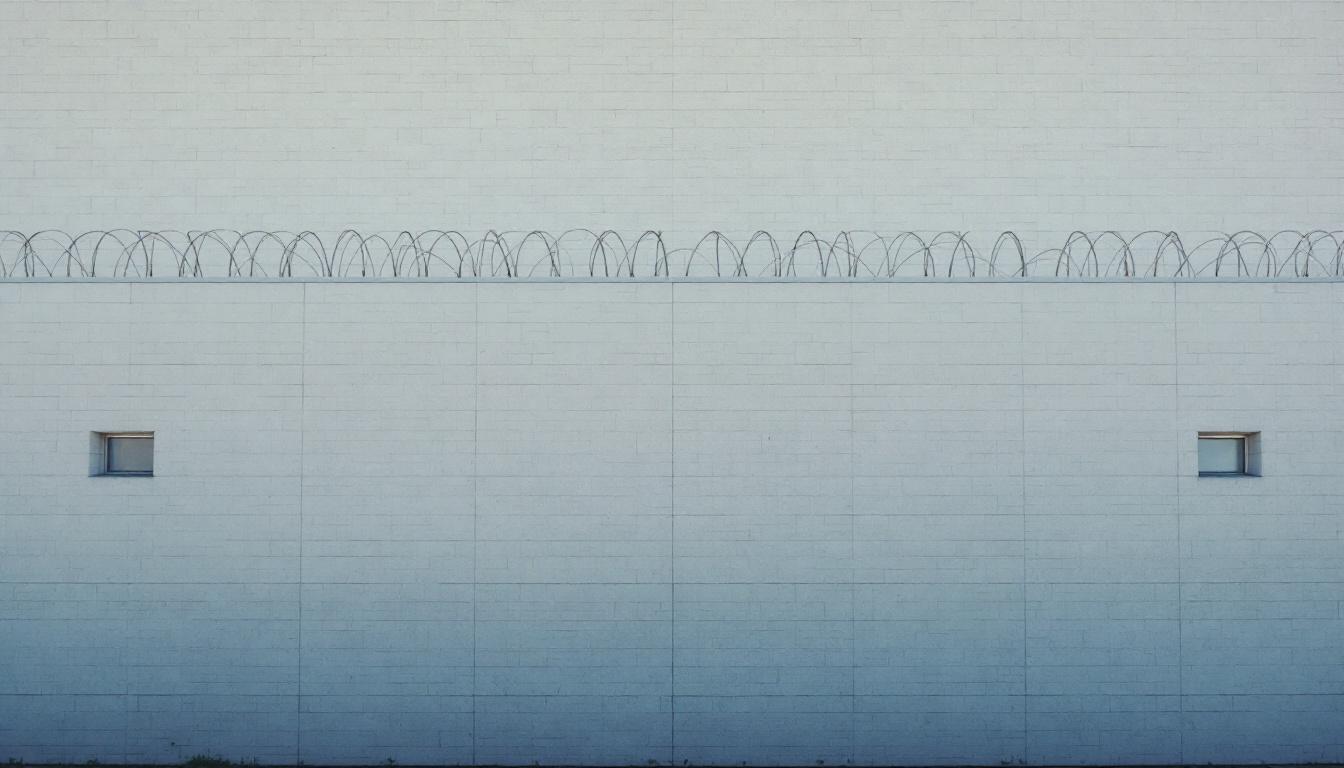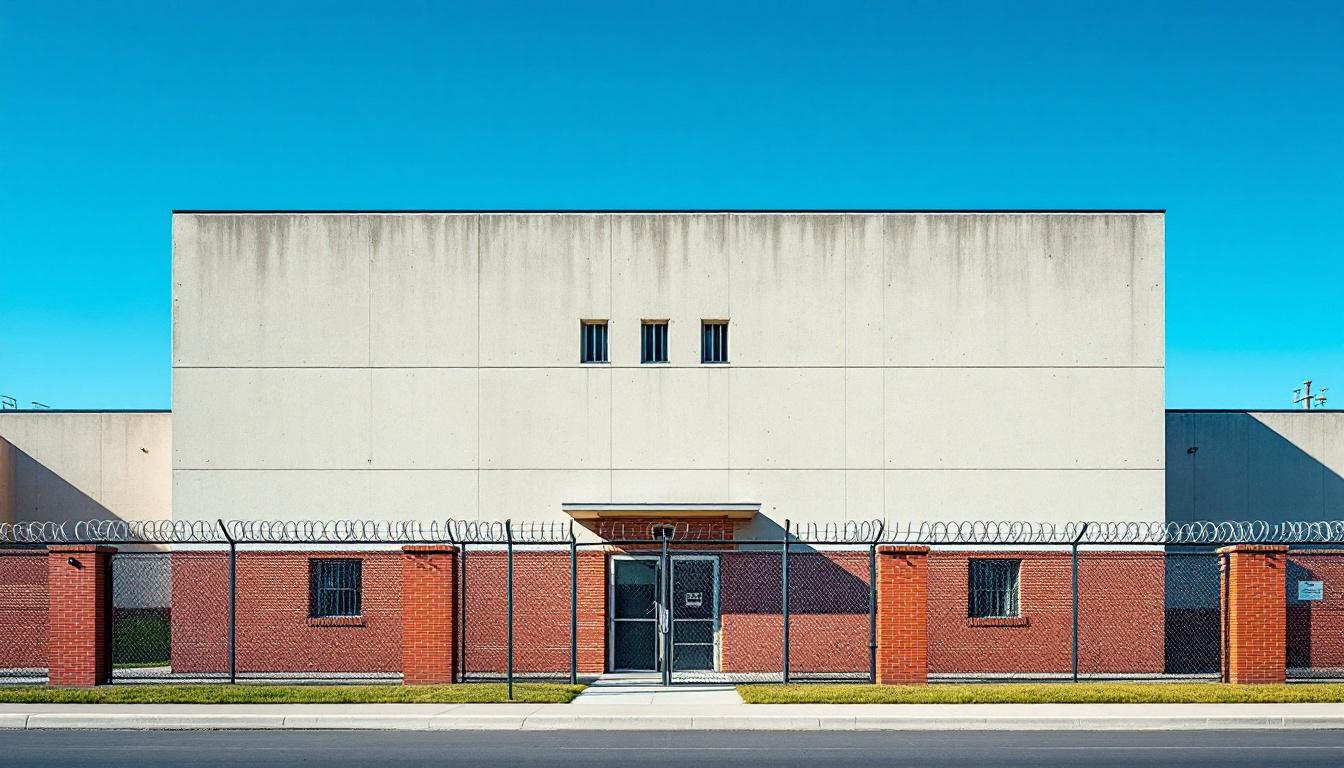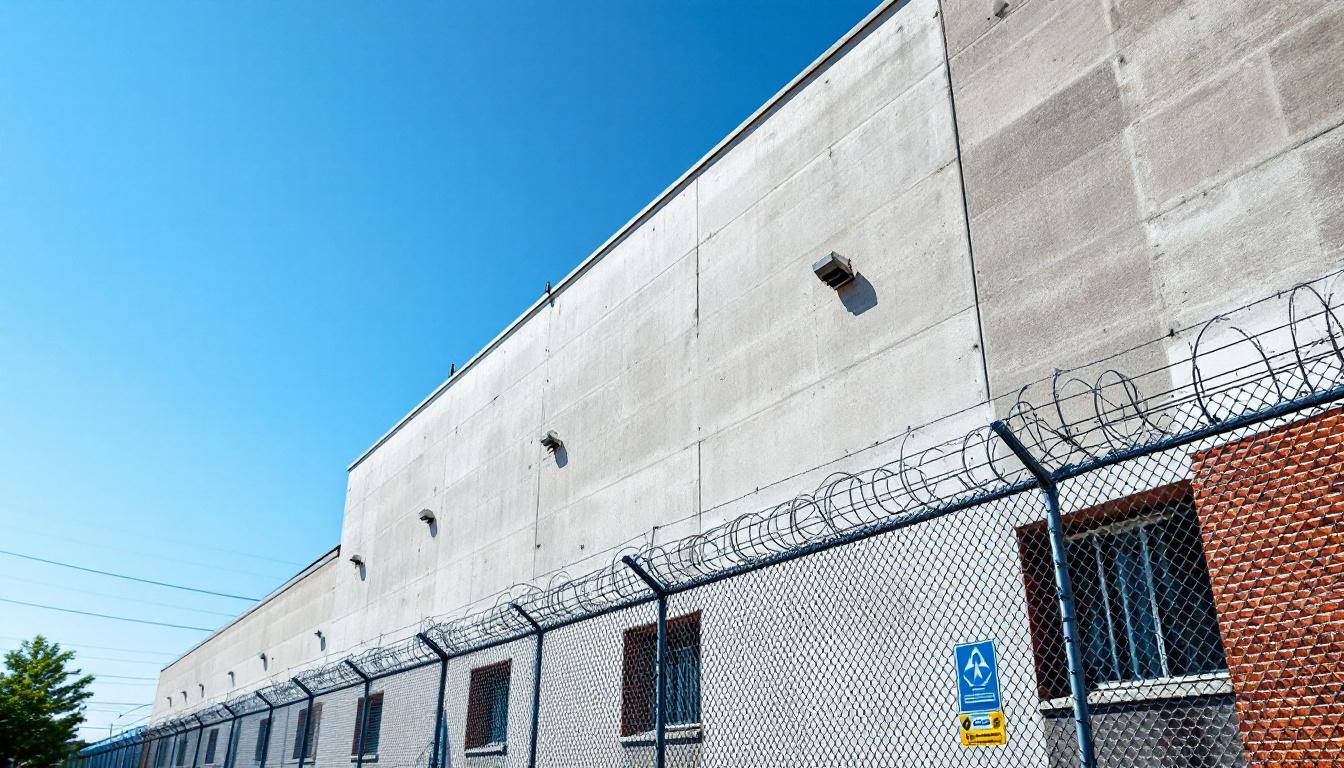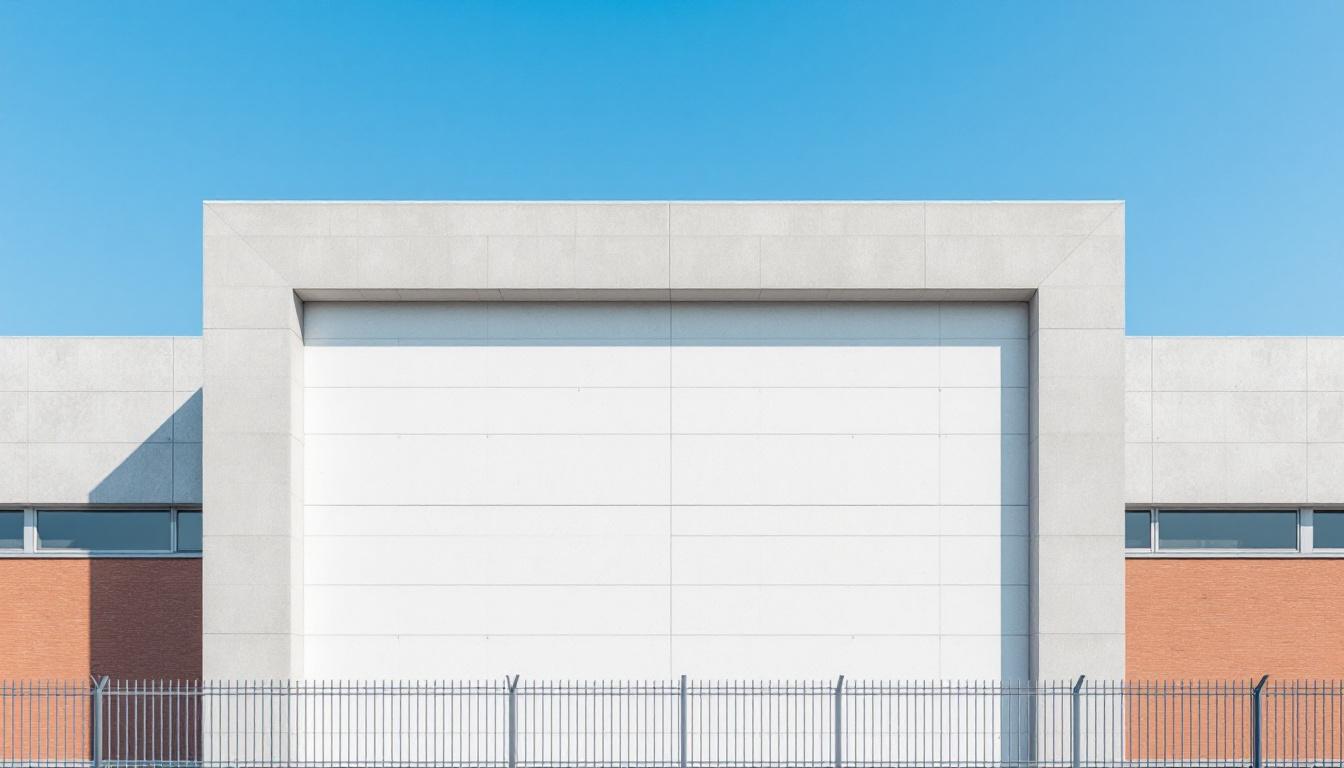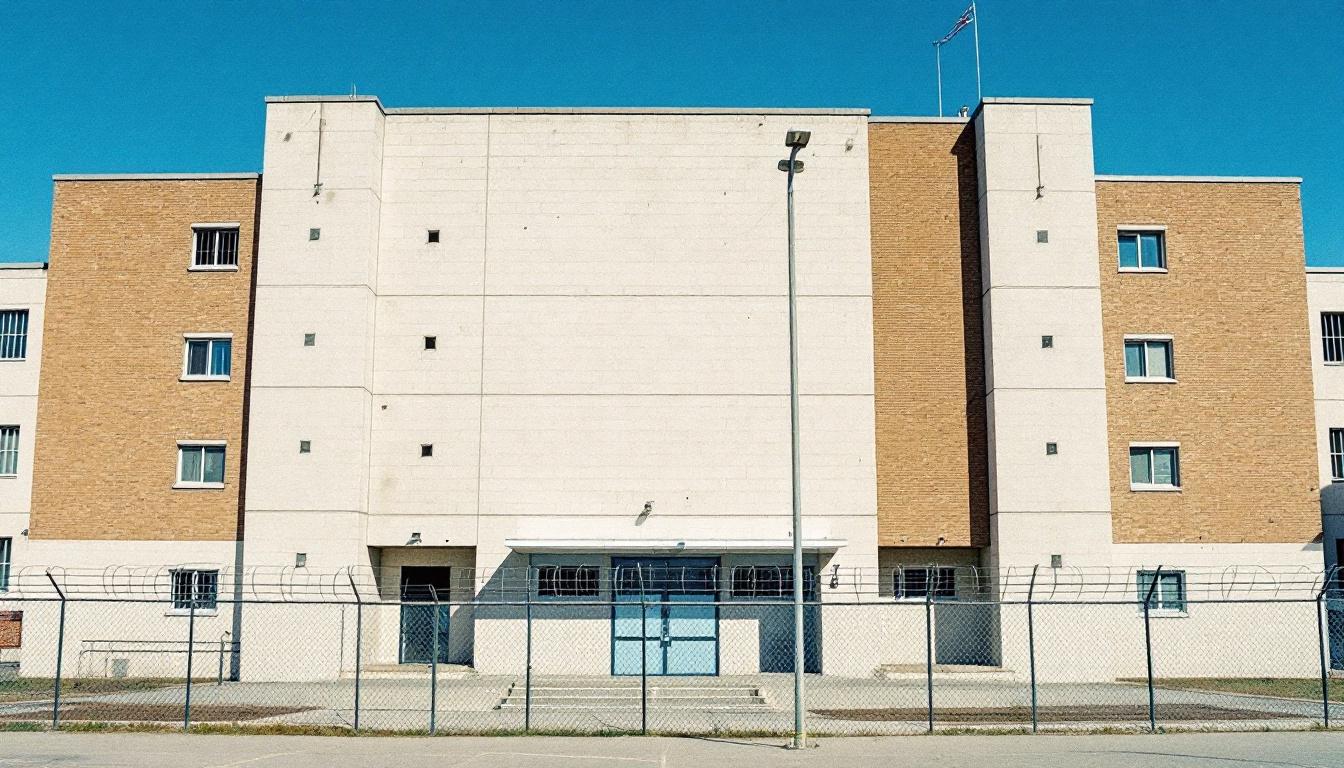
Quick Navigation
How to contact an inmate at Meigs County Jail
This comprehensive guide will walk you through how to connect with an inmate at Meigs County Jail. Follow the steps below to find an inmate and send letters and photos:
- Search for the inmate using our search tool below
- Create your account or log in to Penmate
- Write your message (up to 6,000 characters)
- Send instantly - inmates receive printed copies daily
Find an Inmate
Search for an inmate to start communicating today
Tip: You can search by first name, last name, or inmate ID number
To contact a person at Meigs County Jail start by searching for the person on the official facility website. Perform a search by following these steps:
- Step 1: Enter their first name and last name into the search form and click "Search"
- Step 2: Locate their inmate record
- Step 3: Write down their Inmate ID and any housing information provided
Important! Be sure to enter the person's full name. Nicknames should not be used.
How to Send Messages to Inmates

You can use your phone or computer to send emails, letters, and photos to an inmate. Messages are sent electronically to inmate tablets or kiosks at the facility. If you would like to send a message, start by searching for an inmate at Meigs County Jail.
Sending Photos and Postcards

A great way to send love and support to a loved one at Meigs County Jail is to send photos and postcards. It only takes a few minutes to send photos from your phone and it makes a huge difference. You can also mail postcards with words of support and inspiration, or design your own postcard for special moments like birthdays and holidays.
Important! Be sure not to send any explicit photos or they may not be approved by the facility. You can also use a photo printing app like Penmate to make sure your photos are printed at the correct size (4x6 or 3x5) and are mailed according to the rules and regulations of Meigs County Jail.
Frequently asked questions about Meigs County Jail
-
How long does it take to deliver a message?
If you're sending an email message your letter is usually delivered within 24-48 hours. For messages sent via mail you should expect delivery within 3-7 days. All messages will need be approved by Meigs County Jail.
-
How much does it cost to send a message to Meigs County Jail?
You can send a message free using your phone or mail a message via USPS for the price of a $0.60 stamp and envelope. You can also purchase credits or e-stamps from services starting at $1.99.
-
What services can I use to contact an inmate at Meigs County Jail?
Penmate
You can use Penmate to send letters and photos to an inmate from your phone. It's an easy way to stay in touch during your loved one's incarceration. Use the inmate locator to find an inmate's location and contact information, then you can send messages within a few minutes.
Securus messaging
Securus may be another option for communicating with an inmate at Meigs County Jail. You can create a friends and family account and purchase credits to send messages. All messages will be reviewed and must be approved by the facility.
JPay
Some county jails and state prisons may support sending messages with JPay. You must register an account with the system, find your loved one, and purchase stamps to send messages. For some locations you can also attach photos.
Smart Jail Mail
You may also check if Smart Jail Mail is available at Meigs County Jail. Smart Jail Mail is operated by Smart Communications and has contracted with some state and county jails. After purchasing credits, your messages and photos are sent to the facility, printed out, and then handed out to your loved one.
-
What is the mailing address of Meigs County Jail?
Mailing address:
Meigs County Jail
410 River Rd
Decatur, TN 37322
Phone: (423) 334-3163 -
What are the visiting hours at Meigs County Jail?
Visiting hours at Meigs County Jail vary by housing unit and security level. Generally, visits are scheduled on weekends and holidays, with some facilities offering weekday visits. Contact the facility directly at (423) 334-3163 or check their website for the current visiting schedule. Visits typically last 30-60 minutes and must be scheduled in advance.
-
What items are prohibited when sending mail to Meigs County Jail?
Prohibited items typically include: cash, personal checks, stamps, stickers, glitter, glue, tape, staples, paperclips, polaroid photos, musical or blank greeting cards, hardcover books, magazines with staples, and any items containing metal or electronics. Only send letters on plain white paper with blue or black ink. Photos must be printed on regular photo paper (no Polaroids). Always check with Meigs County Jail for their specific mail policies.
-
How do I send money to an inmate at Meigs County Jail?
You can send money to an inmate at Meigs County Jail through several methods: 1) Online using JPay, Access Corrections, or the facility's approved vendor, 2) Money orders mailed directly to the facility with the inmate's name and ID number, 3) Kiosks located in the facility lobby, or 4) Over the phone using a credit or debit card. Fees vary by method, typically ranging from $2.95 to $11.95 per transaction.
-
Can I schedule a video visit with an inmate at Meigs County Jail?
Many facilities now offer video visitation as an alternative to in-person visits. At Meigs County Jail, video visits may be available through services like Penmate, Securus Video Connect, GTL, or ICSolutions. Video visits typically cost $10-20 for 20-30 minutes and must be scheduled in advance. You'll need a computer or smartphone with a camera and reliable internet connection. Contact the facility for their specific video visitation policies and approved vendors.
-
What identification do I need to visit an inmate at Meigs County Jail?
All visitors must present valid government-issued photo identification such as a driver's license, state ID, passport, or military ID. Minors must be accompanied by a parent or legal guardian who can provide the minor's birth certificate. Some facilities require visitors to be on the inmate's approved visitation list, which may require a background check. Contact Meigs County Jail for specific ID requirements and visitor approval procedures.
-
How can I find out an inmate's release date?
To find an inmate's release date at Meigs County Jail, you can: 1) Use the online inmate search tool if available, 2) Call the facility's records department, 3) Contact the inmate's case manager or counselor, or 4) Have the inmate provide this information during a call or visit. For privacy reasons, some facilities only release this information to immediate family members.
Facility Overview
Official Website

About Meigs County Jail
Educational workshops, vocational training opportunities, and comprehensive reentry support services form the cornerstone of operations at the Loudon County Jail, TN, where the facility's commitment to rehabilitation extends beyond traditional detention practices. Located in Lenoir City, this TN correctional facility typically offers programming designed to address the underlying factors that may contribute to criminal behavior, while maintaining secure housing for individuals awaiting trial or serving shorter sentences. The facility generally provides access to educational resources, substance abuse counseling, and life skills development programs that aim to prepare individuals for successful community reintegration.
Serving as an integral component of Tennessee's broader correctional framework, the county jail has historically operated within the context of evolving criminal justice philosophies that increasingly emphasize rehabilitation alongside public safety. The facility's approach to individuals services typically includes mental health support, medical care, and structured daily programming that may encompass both educational and therapeutic elements. Located within the scenic Tennessee Valley region, the Lenoir City facility often coordinates with local community organizations and state agencies to provide continuity of care and support services that extend beyond an individual's period of incarceration.
The institution's contribution to public safety and rehabilitation reflects broader trends in modern correctional practice, where county-level facilities increasingly serve as crucial intervention points in the criminal justice system. Through its comprehensive programming approach, the facility typically works to address criminogenic factors while maintaining the security and order necessary for effective operations, ultimately supporting both individual transformation and community well-being throughout the region.
Programs & Services
A wide spectrum of developmental opportunities reflects the facility's commitment to addressing the diverse needs of individuals in custody. The comprehensive approach recognizes that meaningful change often requires multiple pathways for growth and skill development. These opportunities typically span educational advancement, vocational training, and personal development areas.
Educational services form a cornerstone of available opportunities, with individuals often having access to basic literacy programs and GED preparation courses. College correspondence courses may provide pathways for higher education advancement, allowing participants to work toward degrees while serving their sentences. Furthermore, vocational programs typically include commercial driving license (CDL) training, which can offer valuable employment prospects upon release. These educational and vocational opportunities often emphasize practical skills that translate directly to post-release success.
Support services and therapeutic opportunities address personal development and behavioral change. Anger management programs may help individuals develop better coping strategies and conflict resolution skills. Faith-based programs typically provide spiritual guidance and community support for those seeking this type of assistance. Furthermore, victim awareness opportunities often focus on helping participants understand the impact of their actions and develop empathy. These comprehensive offerings work together to address the various factors that may contribute to successful reintegration into the community.
Daily Life & Visitation
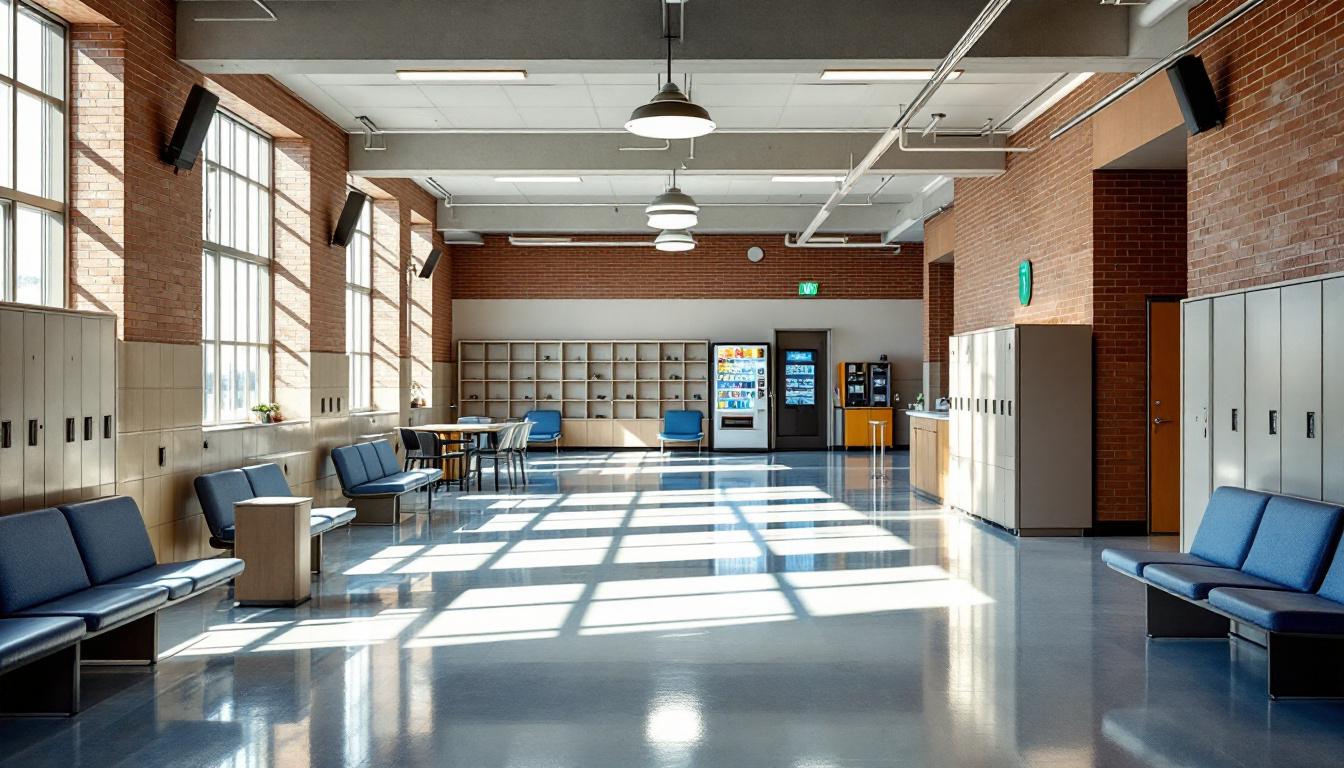
The sound of metal doors and institutional announcements marks the rhythm that governs each day for individuals housed within the facility. At present, the daily structure typically begins with early morning counts and meal service, followed by scheduled programming and work assignments that actively occupy much of the day. Generally, individuals may participate in various activities designed to offer structure and purpose during their time at the facility.
Living accommodations typically consist of shared housing units where individuals are assigned based on classification levels and security considerations. The facility generally provides basic necessities including bedding, personal hygiene items, and access to commissary services where individuals may purchase additional items. Furthermore, meals are usually served at designated times in common dining areas, with menus that typically meet basic nutritional requirements while accommodating certain dietary restrictions when medically necessary.
Although daily routines are structured around security protocols, individuals often have opportunities to participate in educational programs, religious services, and recreational activities when available. The facility typically offers scheduled visitation periods where family members and approved visitors may maintain contact with their loved ones. Furthermore, communication options usually include monitored phone calls and correspondence, allowing individuals to actively maintain connections with their support systems outside the facility. Work assignments within the facility may include kitchen duties, cleaning responsibilities, and maintenance tasks that help individuals develop skills while contributing to daily operations.
Ready to Connect?
Start communicating with your loved one today
Search for an Inmate
